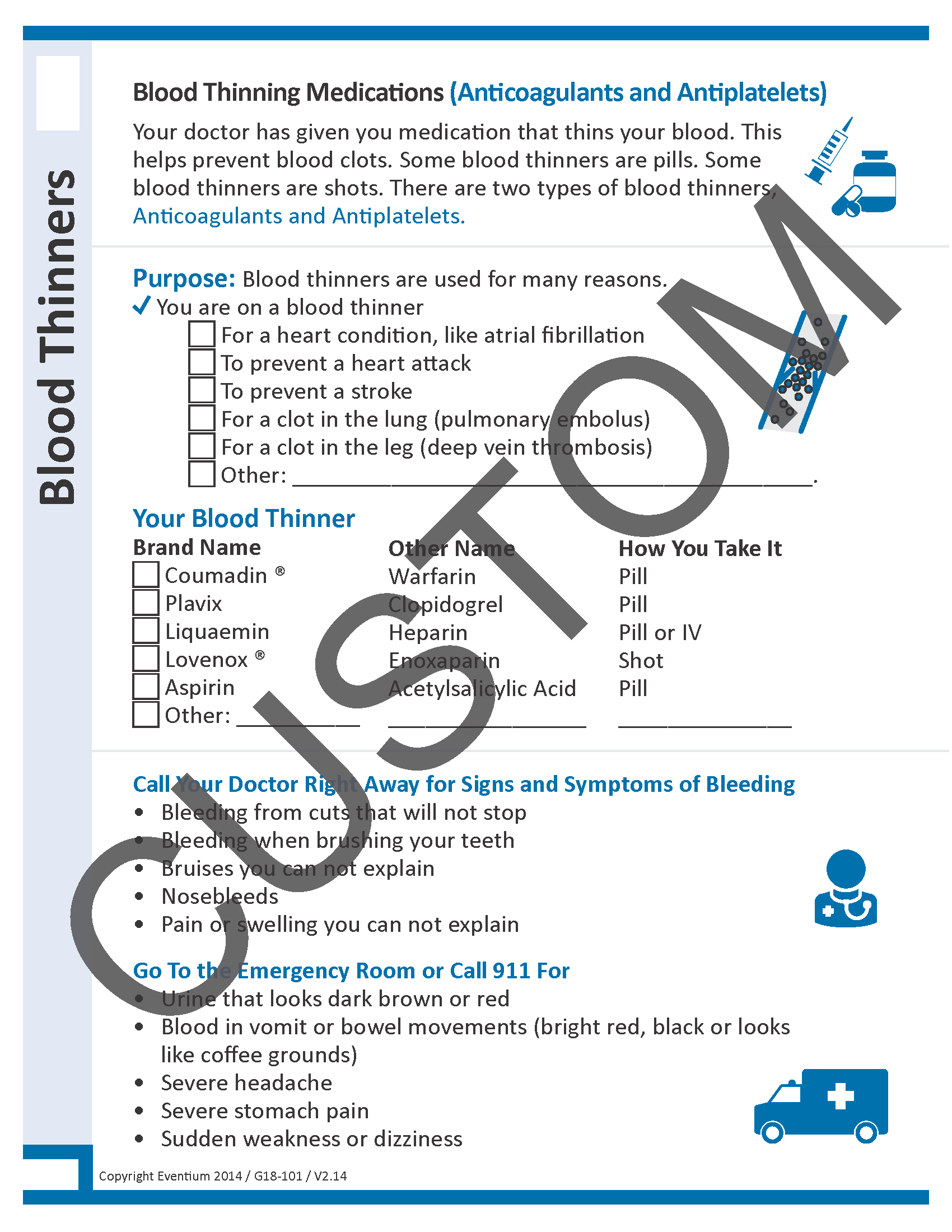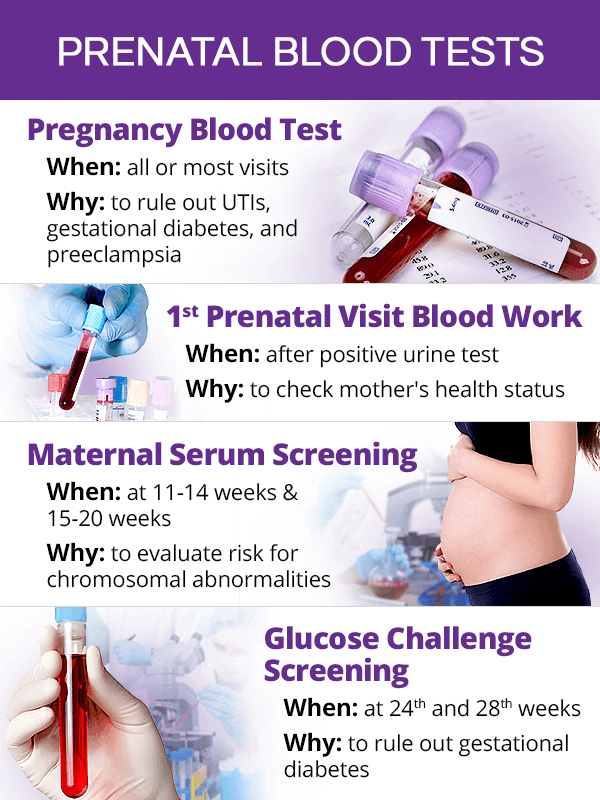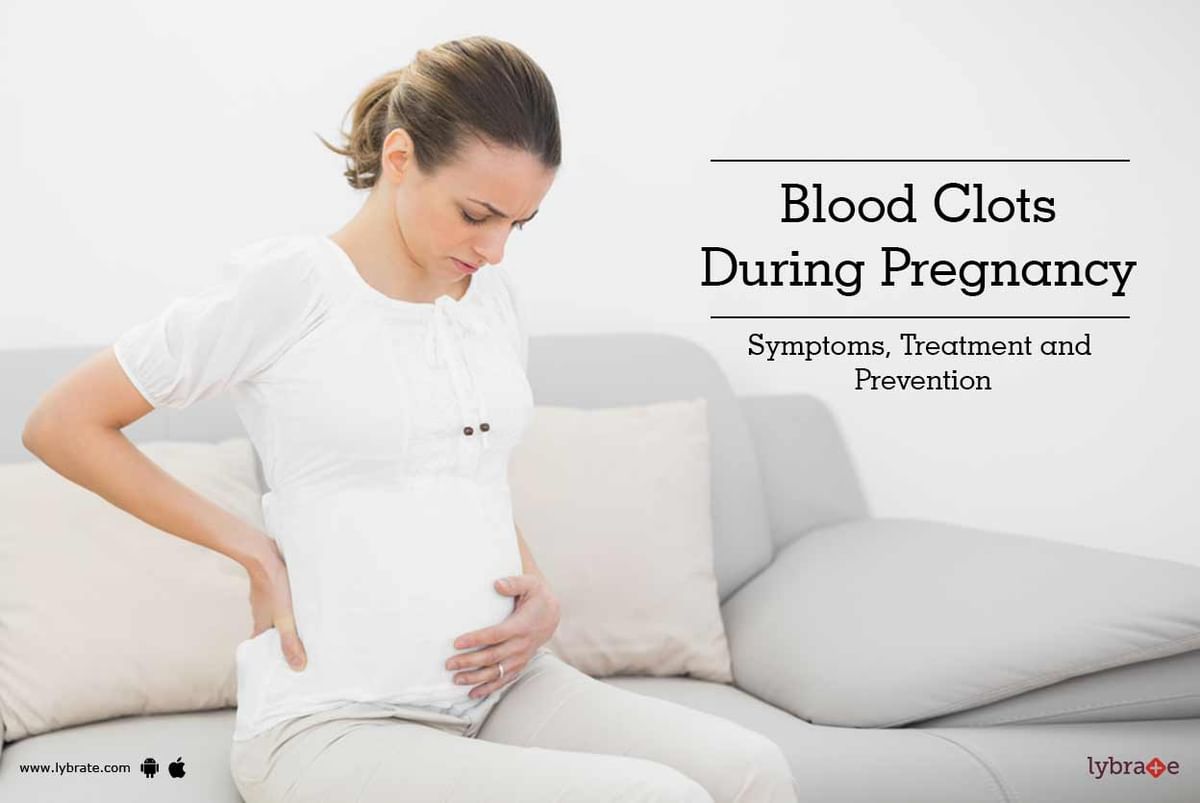When To Start Blood Thinners During Pregnancy - Use of anticoagulants during pregnancy is challenging due to the potential teratogenic effects and dosing complexities of the various. The highest risk of getting a blood clot related to pregnancy is in the 6 weeks after delivery. Neither lmwhs or ufh cross the. Information for obstetric patients on how to inject yourself with blood thinners to prevent blood clots from forming or growing. Despite the many challenges and. If you have thrombophilia or have more than one thing that puts you at high risk, you may need to take a blood thinner during your pregnancy and. Women who develop a blood clot during pregnancy will need to be started on anticoagulation.
The highest risk of getting a blood clot related to pregnancy is in the 6 weeks after delivery. If you have thrombophilia or have more than one thing that puts you at high risk, you may need to take a blood thinner during your pregnancy and. Neither lmwhs or ufh cross the. Women who develop a blood clot during pregnancy will need to be started on anticoagulation. Despite the many challenges and. Information for obstetric patients on how to inject yourself with blood thinners to prevent blood clots from forming or growing. Use of anticoagulants during pregnancy is challenging due to the potential teratogenic effects and dosing complexities of the various.
Despite the many challenges and. Neither lmwhs or ufh cross the. Use of anticoagulants during pregnancy is challenging due to the potential teratogenic effects and dosing complexities of the various. The highest risk of getting a blood clot related to pregnancy is in the 6 weeks after delivery. Women who develop a blood clot during pregnancy will need to be started on anticoagulation. If you have thrombophilia or have more than one thing that puts you at high risk, you may need to take a blood thinner during your pregnancy and. Information for obstetric patients on how to inject yourself with blood thinners to prevent blood clots from forming or growing.
Why do pregnant women take blood thinner? Dr. Mangala Devi KR YouTube
The highest risk of getting a blood clot related to pregnancy is in the 6 weeks after delivery. Information for obstetric patients on how to inject yourself with blood thinners to prevent blood clots from forming or growing. Women who develop a blood clot during pregnancy will need to be started on anticoagulation. Despite the many challenges and. If you.
Blood Thinners Custom Eventium
Use of anticoagulants during pregnancy is challenging due to the potential teratogenic effects and dosing complexities of the various. Women who develop a blood clot during pregnancy will need to be started on anticoagulation. Neither lmwhs or ufh cross the. Information for obstetric patients on how to inject yourself with blood thinners to prevent blood clots from forming or growing..
Urine & Blood Tests during Pregnancy SheCares
Women who develop a blood clot during pregnancy will need to be started on anticoagulation. Neither lmwhs or ufh cross the. Information for obstetric patients on how to inject yourself with blood thinners to prevent blood clots from forming or growing. Use of anticoagulants during pregnancy is challenging due to the potential teratogenic effects and dosing complexities of the various..
Blood Clots During Pregnancy Symptoms, Treatment and Prevention By
Neither lmwhs or ufh cross the. Despite the many challenges and. Women who develop a blood clot during pregnancy will need to be started on anticoagulation. If you have thrombophilia or have more than one thing that puts you at high risk, you may need to take a blood thinner during your pregnancy and. Information for obstetric patients on how.
There are steps you can take to prevent blood clots during pregnancy
Use of anticoagulants during pregnancy is challenging due to the potential teratogenic effects and dosing complexities of the various. Despite the many challenges and. Neither lmwhs or ufh cross the. Women who develop a blood clot during pregnancy will need to be started on anticoagulation. The highest risk of getting a blood clot related to pregnancy is in the 6.
Side Effects Of Blood Thinners in Pregnancy Dr. Mangala
Despite the many challenges and. Information for obstetric patients on how to inject yourself with blood thinners to prevent blood clots from forming or growing. If you have thrombophilia or have more than one thing that puts you at high risk, you may need to take a blood thinner during your pregnancy and. Neither lmwhs or ufh cross the. The.
Blood thinners what you need to know Straight A Nursing
Neither lmwhs or ufh cross the. The highest risk of getting a blood clot related to pregnancy is in the 6 weeks after delivery. Use of anticoagulants during pregnancy is challenging due to the potential teratogenic effects and dosing complexities of the various. If you have thrombophilia or have more than one thing that puts you at high risk, you.
Use Of Blood Thinners During Pregnancy Dr. Mangala Devi, Bangalore
Despite the many challenges and. Use of anticoagulants during pregnancy is challenging due to the potential teratogenic effects and dosing complexities of the various. The highest risk of getting a blood clot related to pregnancy is in the 6 weeks after delivery. Information for obstetric patients on how to inject yourself with blood thinners to prevent blood clots from forming.
Essential Blood Tests During Pregnancy YouTube
Women who develop a blood clot during pregnancy will need to be started on anticoagulation. Neither lmwhs or ufh cross the. Use of anticoagulants during pregnancy is challenging due to the potential teratogenic effects and dosing complexities of the various. The highest risk of getting a blood clot related to pregnancy is in the 6 weeks after delivery. Information for.
17 18 Week Pregnancy Vlog Blood Thinners, Pregnancy Symptoms
Women who develop a blood clot during pregnancy will need to be started on anticoagulation. Information for obstetric patients on how to inject yourself with blood thinners to prevent blood clots from forming or growing. The highest risk of getting a blood clot related to pregnancy is in the 6 weeks after delivery. Despite the many challenges and. Use of.
Information For Obstetric Patients On How To Inject Yourself With Blood Thinners To Prevent Blood Clots From Forming Or Growing.
If you have thrombophilia or have more than one thing that puts you at high risk, you may need to take a blood thinner during your pregnancy and. Neither lmwhs or ufh cross the. Women who develop a blood clot during pregnancy will need to be started on anticoagulation. Despite the many challenges and.
Use Of Anticoagulants During Pregnancy Is Challenging Due To The Potential Teratogenic Effects And Dosing Complexities Of The Various.
The highest risk of getting a blood clot related to pregnancy is in the 6 weeks after delivery.









